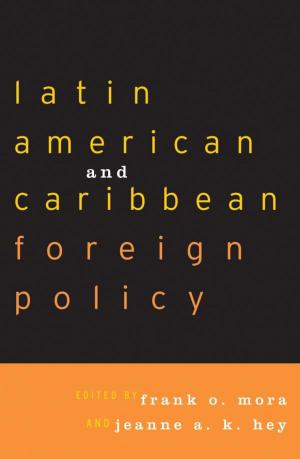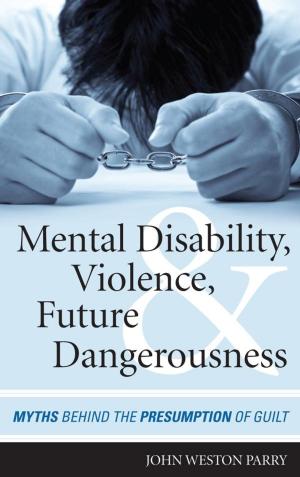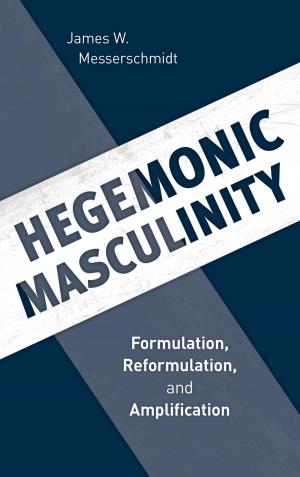Perspectives on Western Sahara
Myths, Nationalisms, and Geopolitics
Nonfiction, Social & Cultural Studies, Political Science, International, International Security| Author: | ISBN: | 9781442226869 | |
| Publisher: | Rowman & Littlefield Publishers | Publication: | December 18, 2013 |
| Imprint: | Rowman & Littlefield Publishers | Language: | English |
| Author: | |
| ISBN: | 9781442226869 |
| Publisher: | Rowman & Littlefield Publishers |
| Publication: | December 18, 2013 |
| Imprint: | Rowman & Littlefield Publishers |
| Language: | English |
The ongoing conflict in Western Sahara is one of the more intractable legacies of European colonization in North Africa. Following the withdrawal of Spain, this territorial dispute escalated in 1975 into a war of independence between the Sahrawi people of the Polisario Front, who were backed by Algeria, and the states of Mauritania and Morocco. In 1976, the Polisario Front established the Sahrawi Arab Democratic Republic, which was not admitted in the UN but won recognition by a few states. After multiple peace efforts, the conflict reemerged in 2005 as the “independence Intifada.” Today, the Polisario Front controls about 20% of Western Sahara. At the heart of the conflict lie geopolitical interests and incompatible claims aggravated by the use of military force and decades of mostly unproductive diplomatic maneuvers by international bodies and regional or foreign powers.
This thorough, impartial survey brings together some of the best experts on the Sahara question to provide a broad-based analysis of the problem, from a range of perspectives. Featuring new research, the chapters examine the roots of the conflict, its dynamics, and potential solutions. This groundbreaking text also addresses questions of law, human rights, natural resources from an analytical point of view. Contributed by scholars from North Africa, Europe, and the U.S., it is an essential contribution to the literature of Middle East and African studies.
The ongoing conflict in Western Sahara is one of the more intractable legacies of European colonization in North Africa. Following the withdrawal of Spain, this territorial dispute escalated in 1975 into a war of independence between the Sahrawi people of the Polisario Front, who were backed by Algeria, and the states of Mauritania and Morocco. In 1976, the Polisario Front established the Sahrawi Arab Democratic Republic, which was not admitted in the UN but won recognition by a few states. After multiple peace efforts, the conflict reemerged in 2005 as the “independence Intifada.” Today, the Polisario Front controls about 20% of Western Sahara. At the heart of the conflict lie geopolitical interests and incompatible claims aggravated by the use of military force and decades of mostly unproductive diplomatic maneuvers by international bodies and regional or foreign powers.
This thorough, impartial survey brings together some of the best experts on the Sahara question to provide a broad-based analysis of the problem, from a range of perspectives. Featuring new research, the chapters examine the roots of the conflict, its dynamics, and potential solutions. This groundbreaking text also addresses questions of law, human rights, natural resources from an analytical point of view. Contributed by scholars from North Africa, Europe, and the U.S., it is an essential contribution to the literature of Middle East and African studies.















